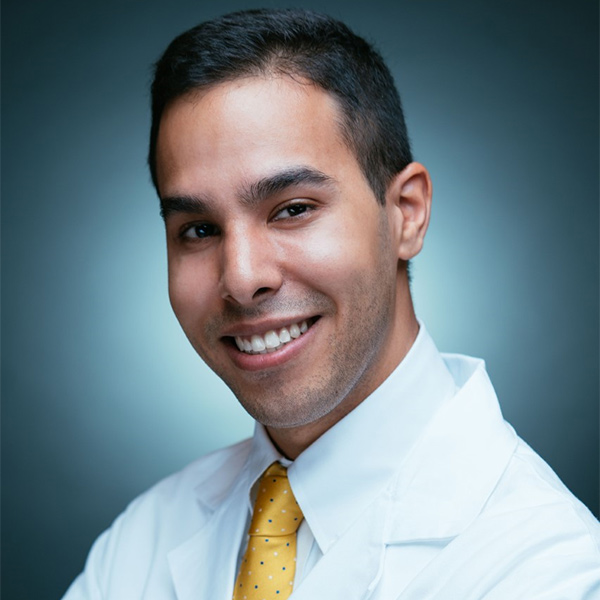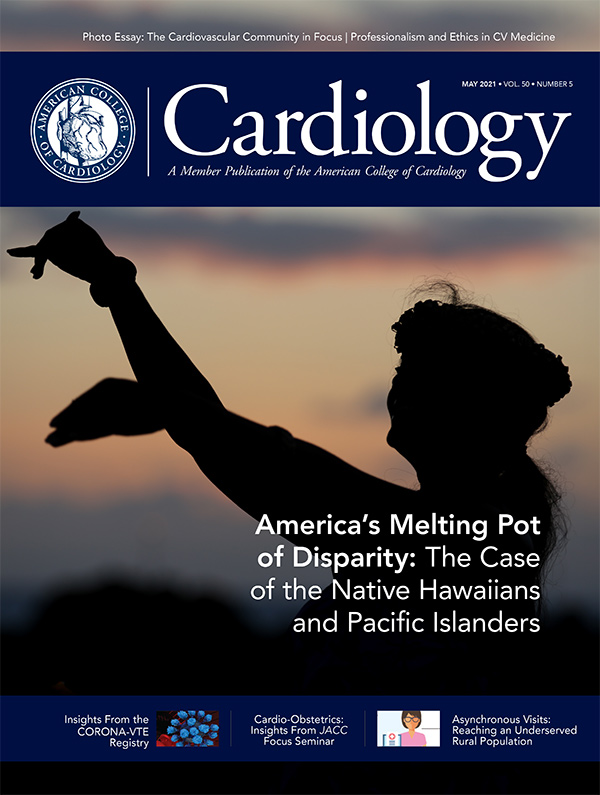Feature | ACC Fellows in Training Leadership Council Statement on Diversity in Cardiology Training

We have all faced tremendous challenges this past year. Between COVID-19, social unrest regarding police brutality and a tumultuous political transition, all while continuing to address the cardiovascular needs of our patients, it may feel as if we have little space to accommodate more. However, these events and the broader societal implications they have on our diverse population have compelled us to consider and — sometimes contentiously — discuss the role of diversity in cardiovascular medicine training.
In the U.S., we are defined by a unique collective of diverse cultures, identities and perspectives, and our patients and communities are manifestations of this cooperative tapestry. Our patients come from distinct backgrounds, means and beliefs, and they all are at risk for developing cardiovascular disease. Collectively and individually, we need to be prepared to care for each of them in culturally conscious ways.
However, what is the role of diversity in our training? Is the shared distinctiveness we see in our patients and our society relevant to how we train, from whom we learn or who we are? Does a diverse fellowship class better address the cardiovascular needs of a similarly diverse community?
The ACC Fellows-in-Training (FIT) Leadership Council is committed to promoting and celebrating diversity in our training programs. Hence, we sought input from fellows across the country on how diversity impacts their development as cardiologists.
A theme emerging from these statements relates to the costs incurred by trainees who navigate a homogeneous, inflexible and often unwelcoming training environment:
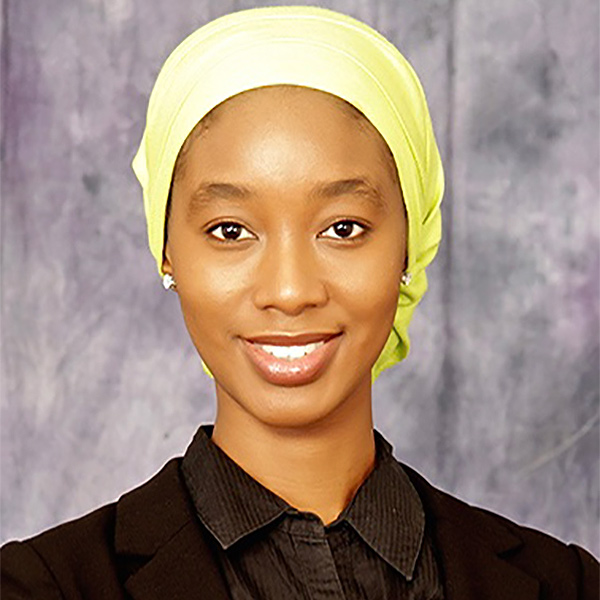
Zainab Mahmoud, MD, Cardiology FIT at Washington University in St. Louis, St. Louis, MO
From this perspective also comes the feeling of needing to stifle oneself to belong:
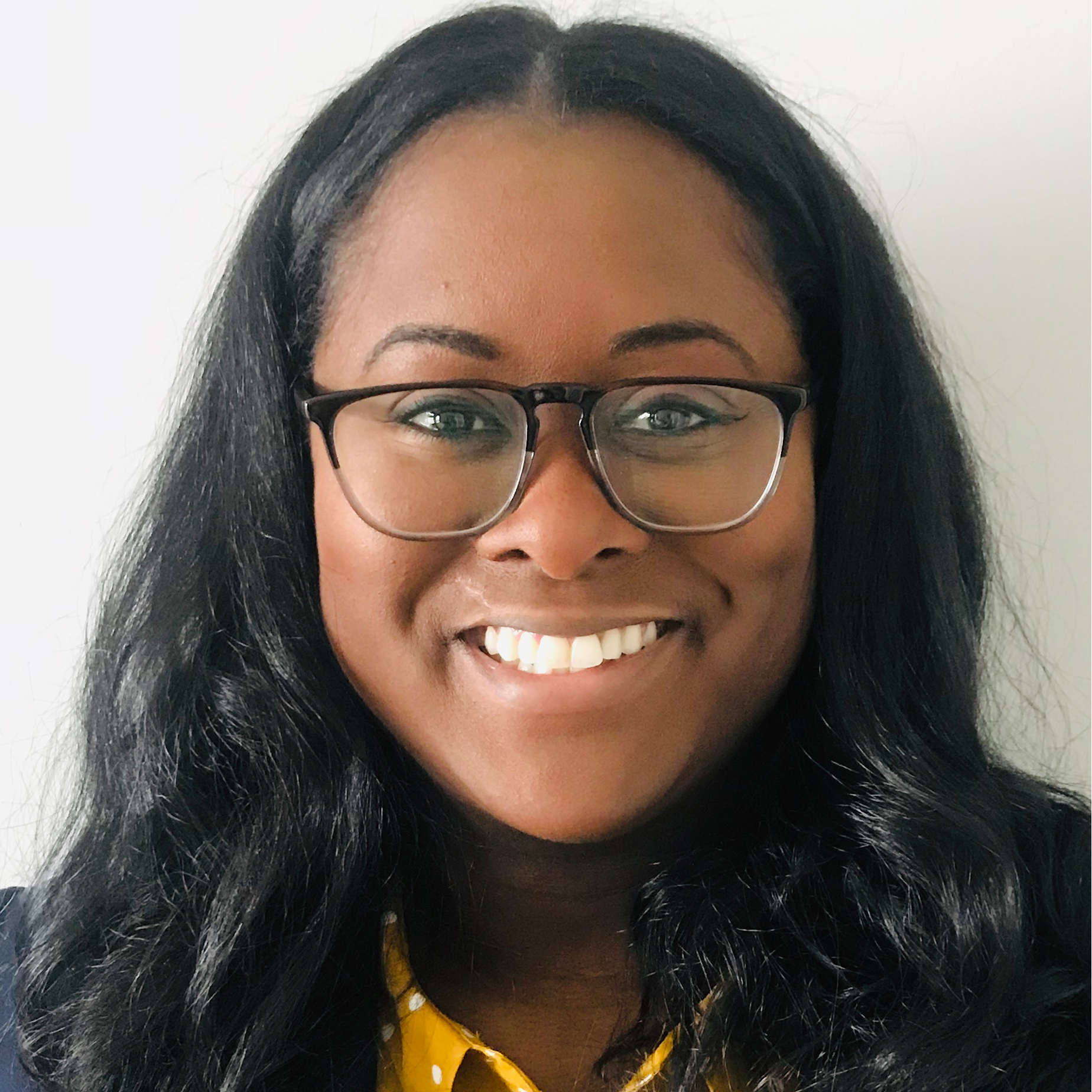
Brittney Hills, MD, Pediatric Cardiology FIT at Nationwide Children's Hospital, Columbus, OH
These obstacles can come from all directions, and this sentiment of exclusion leaves few, if any, safe spaces for trainees from underrepresented backgrounds.
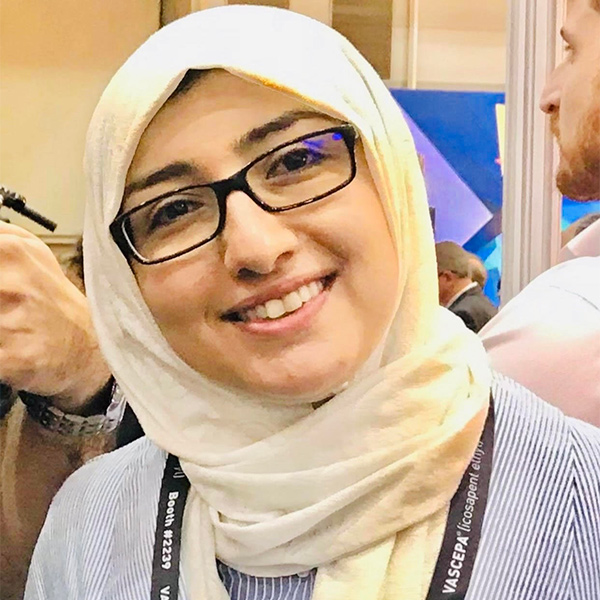
Lina Ya'qoub, MD, Cardiology FIT at Ochsner-Louisiana State University, Shreveport, LA
These sentiments are reflections of an environment perceived to be uniform and without room for broader representation. These perceptions and realities force minoritized trainees to feel that their identities are obstacles to their education rather than assets enriching their growth. Though it is impossible to quantify, this relentless erosion of acceptance and belonging weakens trainees in a way completely disconnected from their clinical ability, academic aptitude or empathy towards their patients.
The personal costs of conformity and rigidity in our field is contrasted by the benefits a diverse fellowship training experience confers upon patients. A training culture that values diversity cultivates relationships between trainees and the populations they serve. Bridging cultural and language barriers demonstrates how these fellows facilitate and improve care for diverse populations.
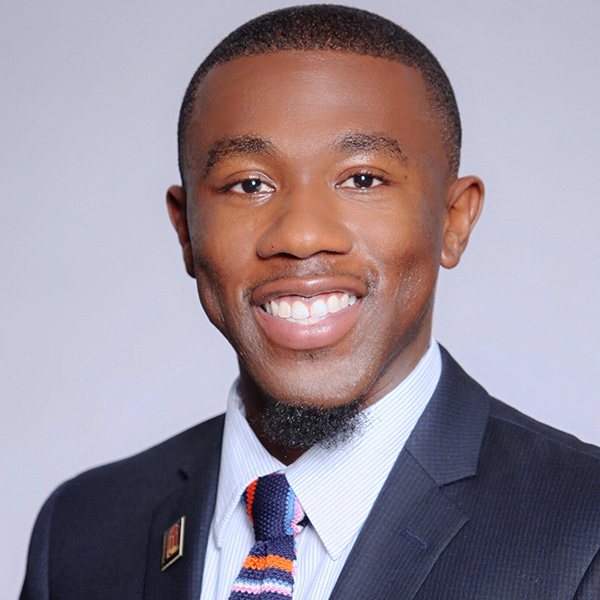
Eddie Hackler, MD, Cardiology FIT at Case Western Reserve University/University Hospitals Cleveland Medical Center, Cleveland, OH
Fellows from representative backgrounds effectively advocate for marginalized populations who disproportionately suffer at the hands of a medical establishment which at best is naïve to their plight and is, at worst, the cause of it.
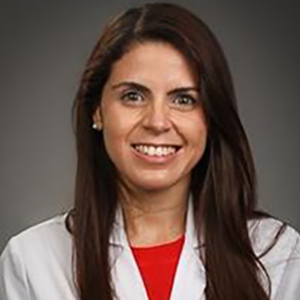
Karen Flores Rosario, MD, Cardiology FIT at Duke University Medical Center, Durham, NC
The diversity of our training classes highlights the experiences of our patients. It brings focus to problems that have too often and too easily been overlooked. To have FITs who both understand and, more importantly, feel this injustice galvanizes us all to seek change and holistically improve medical care.
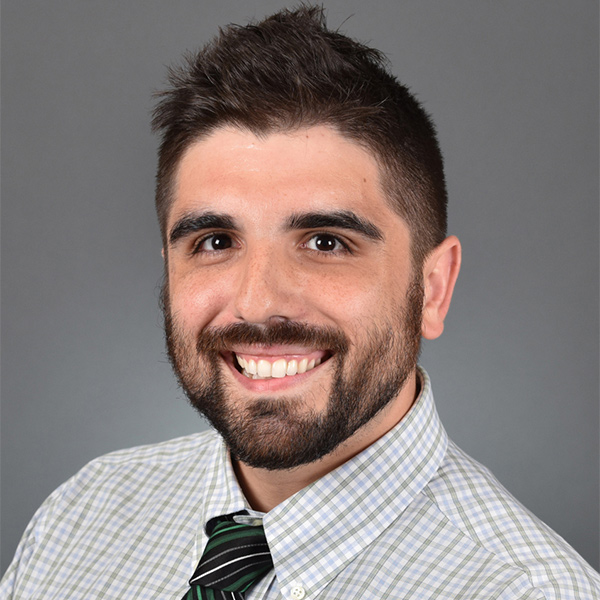
Tony Pastor, MD, Adult Congenital Heart Disease FIT at the Harvard Adult Congenital Heart Disease Program, Boston, MA
We have a societal responsibility to enrich our physician workforce with people from a broad array of backgrounds, and our patients take notice when our institutions make a visible commitment to do so.
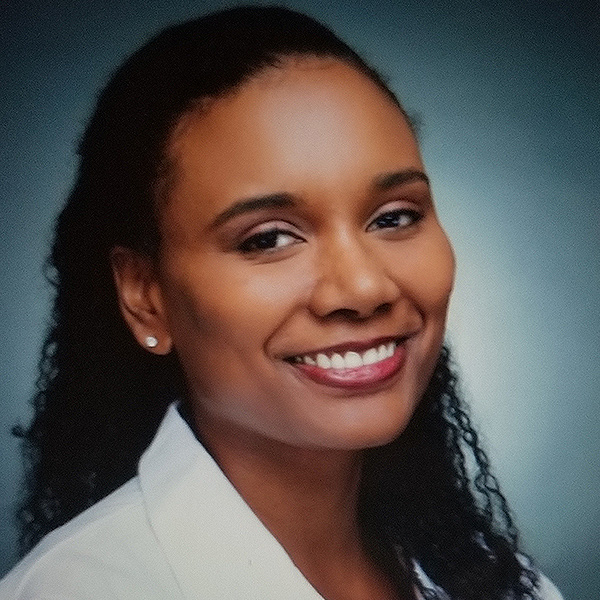
Norrisa Haynes, MD, MPH, Cardiology FIT at the University of Pennsylvania, Philadelphia, PA
We must be mindful of the social barriers that patients from disadvantaged backgrounds face. Trainees and physicians who have experienced their patients' struggles can only enhance our workforce and better serve our communities.
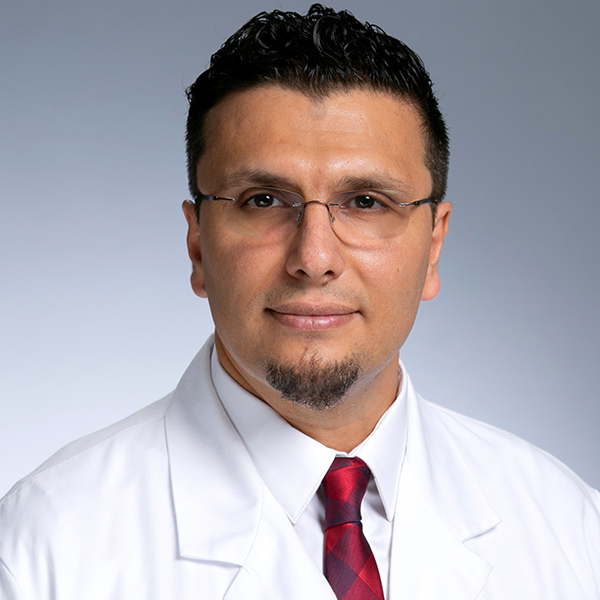
Heval Kelli, MD, cardiologist at Northside Hospital Cardiovascular Institute and recent graduate of the Emory University cardiology fellowship, Atlanta, GA
Diversity in our fellowships also enriches the relationships within our institutions. When we learn with and from members of a diverse community, we are able to expand our perspective and cultivate empathy. Without opportunities to understand our contrasting starting points, obstacles and trajectories, we would not be able to acknowledge the uneven social structures underlying our opportunities or appreciate the triumphs of those who were able to overcome them.
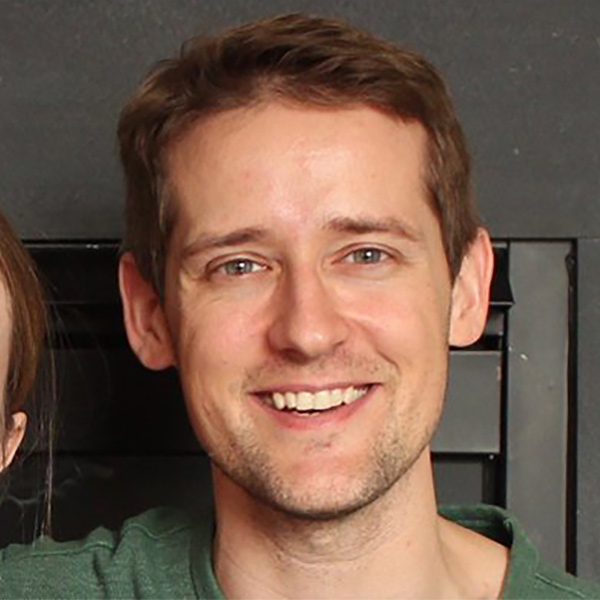
J.D. Serfas, MD, Adult Congenital Heart Disease FIT at Duke University, Durham, NC
Diversity in mentorship is just as important – it enhances all of our learning by providing unique perspectives on important clinical concepts, and it encourages and cultivates trainees from underrepresented backgrounds.
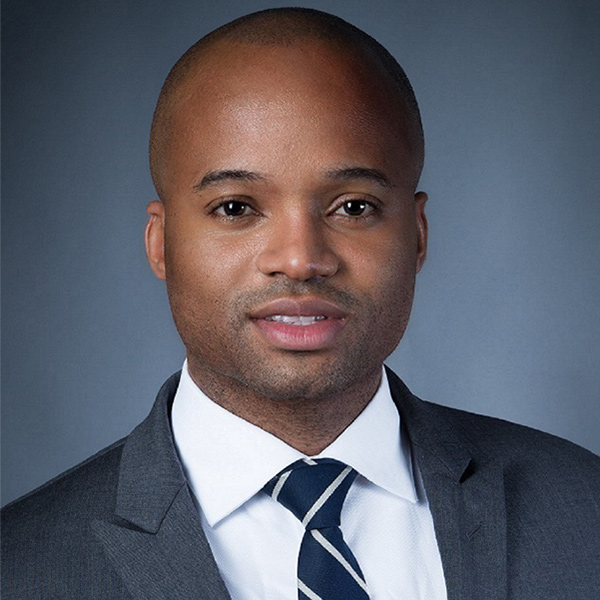
Kemar Brown, MD, Cardiology FIT at Massachusetts General Hospital, Boston, MA
These vignettes all highlight the importance of diversity in our training. Its significance is manifest in our interactions with colleagues, patients and communities. It drives us to be more compassionate as trainees, more perceptive as clinicians, and more understanding as people.
Despite the viewpoints offered here, the emphasis on creating diversity in fellowship classes is considered, by some, not a prescient pursuit. Some believe time will solve the issue of diversity in our training programs, and these gains will subsequently disseminate to our profession. They contend that gradual demographic shifting and passive recruitment will eventually lead to a specialty which is as representative as the population it serves, if, they question, such a goal is beneficial at all.
Such an indifferent approach, however, is clearly insufficient. Rather, diversity in our fellowship programs must be placed at the forefront of our duties as cardiologists. The advances made toward a representative fellowship class have been the result of active and intentional recruitment and retention and advocacy initiatives recognizing this important mission. These efforts must continue and expand so we can effectively cultivate a specialty that truly serves our patients.
However, diversity must not be the end in and of itself. Adding fellows of contrasting backgrounds without the will or resources to integrate their perspectives would be merely a symbolic effort. A fellowship that strives for diversity without inclusion and belonging provides an invitation for those fellows to languish; it is a solicitation for benevolent and vibrant clinicians to be thrust into an institution that perpetuates marginalization and aims to assimilate rather than integrate. Promoting diversity is not merely collecting diverse people, but cultivating a diverse environment.
We must understand that development of a workforce that integrates the multitude of perspectives from our diverse population is good for ourselves and the communities we serve. Diversity provides the foundation that fortifies our training and allows us to be more creative, more empathetic and more effective in our treatment of cardiovascular disease.
The ACC FIT Section Leadership Council pledges to represent fellows from all backgrounds and will continue to advocate for the promotion of diverse fellowship classes. To us, this undertaking is imperative for the continued progress of our profession and the treatment of our communities. Kelli says it best:

Heval Kelli, MD, cardiologist at Northside Hospital Cardiovascular Institute and recent graduate of the Emory University cardiology fellowship, Atlanta, GA
Clinical Topics: Acute Coronary Syndromes, Anticoagulation Management, Arrhythmias and Clinical EP, Cardiac Surgery, Cardiovascular Care Team, Congenital Heart Disease and Pediatric Cardiology, Diabetes and Cardiometabolic Disease, Dyslipidemia, Geriatric Cardiology, Heart Failure and Cardiomyopathies, Invasive Cardiovascular Angiography and Intervention, Noninvasive Imaging, Pericardial Disease, Prevention, Pulmonary Hypertension and Venous Thromboembolism, Sports and Exercise Cardiology, Stable Ischemic Heart Disease, Valvular Heart Disease, Vascular Medicine, Anticoagulation Management and ACS, Implantable Devices, SCD/Ventricular Arrhythmias, Atrial Fibrillation/Supraventricular Arrhythmias, Cardiac Surgery and Arrhythmias, Cardiac Surgery and CHD and Pediatrics, Cardiac Surgery and Heart Failure, Cardiac Surgery and SIHD, Cardiac Surgery and VHD, Congenital Heart Disease, CHD and Pediatrics and Arrhythmias, CHD and Pediatrics and Imaging, CHD and Pediatrics and Interventions, CHD and Pediatrics and Prevention, Acute Heart Failure, Pulmonary Hypertension, Interventions and ACS, Interventions and Imaging, Interventions and Structural Heart Disease, Interventions and Vascular Medicine, Angiography, Nuclear Imaging, Hypertension, Sleep Apnea, Sports and Exercise and Congenital Heart Disease and Pediatric Cardiology, Sports and Exercise and ECG and Stress Testing, Sports and Exercise and Imaging, Chronic Angina
Keywords: ACC Publications, Cardiology Magazine, Cultural Diversity, Racism, Acute Coronary Syndrome, Anticoagulants, Arrhythmias, Cardiac, Cardiac Surgical Procedures, Metabolic Syndrome, Angina, Stable, Heart Defects, Congenital, Dyslipidemias, Geriatrics, Heart Failure, Angiography, Diagnostic Imaging, Pericarditis, Secondary Prevention, Hypertension, Pulmonary, Sleep Apnea Syndromes, Sports, Exercise Test, Heart Valve Diseases, Aneurysm
< Back to Listings


